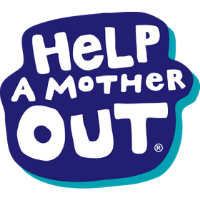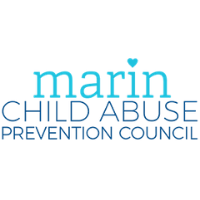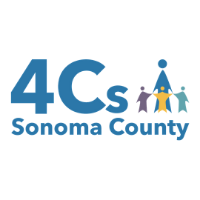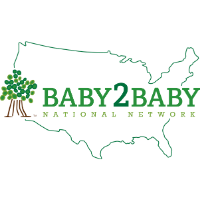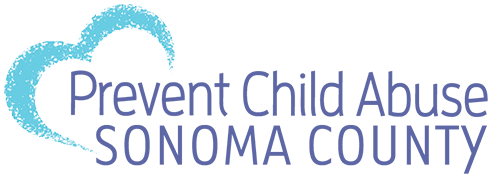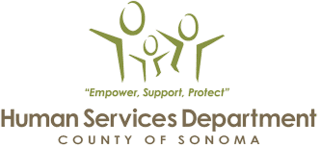
Summer vacation can be a mixed blessing.
While it can be a relief to have a break from the daily school routine, figuring out a patchwork quilt of childcare and supervised activities can be stressful (and expensive). As children get older, it can become harder to find affordable options – and not require parents to spend half of their day getting children to and from their different activities. It can be a relief when they are old enough to be left alone, unsupervised – but deciding when they are old enough is not an easy, clear-cut decision!
Keep reading if this sounds like you.
Dear CPI,
I’ll be working more hours now that COVID restrictions have been lifted, but I don’t have childcare or family members nearby, and we can’t afford camps. There will be some days when my partner and I have to work at the same time. Our kids are 10 and 11. Are they too young to be left alone, or am I worrying about nothing?
Terre
Dear Terre,
Like most parenting questions, the answer is, “It depends.” In addition to age, there are other factors to consider, including:
- Their maturity level, abilities, and how well they get along.
- How long they would be alone and the time of day or night.
- Whether you, your partner, or another trusted adult would be available in an emergency.
- How your kids feel about being home alone.
- Their ability to understand and follow family rules.
- Whether there are safety concerns that are difficult to prevent or plan for.
- How your kids react in emergencies or unexpected situations.
If your family decides the time is right, try these tips to help everyone feel ready and confident.
Prepare in advance. Make sure your kids know their full names, address, and important phone numbers. Review a list of people and numbers to call if they need help. If you know and trust your immediate neighbors, let them know your kids will be alone and ask if they can be a resource.
Create a safety plan. Remove or lock up medications, alcohol, tobacco products, weapons, or other dangerous items. Make sure you have smoke alarms that work. Teach your kids how to use appliances and other kitchen equipment and have them practice while you’re there. Consider having your older child complete a Red Cross Babysitting Class and First Aid/CPR training.
Talk with your kids about what to do in an emergency (e.g. earthquake, fire) or power outage, and what to do when a stranger calls or comes to the door. Have your kids take notes or repeat back the steps to take in each situation. Ask who they would contact for help and when they would seek help. Role play several situations so they can practice what to say and do. This builds the “muscle memory” that will help them stay calm and problem-solve in unexpected situations.
Establish family rules. Talk with your kids and agree on rules about screen time, chores, whether friends can come over, whether they can leave the house, and other important issues. Start with just a few rules and keep them simple. Have your kids write the rules down, then post them in a visible place.
Schedule check-in times. Make an agreement about when and how you’ll check in during the day (e.g., phone, text, video call). You might decide to check in more often in the beginning, then reduce the frequency over time.
Do a practice run. Try leaving them alone for a short time as a “practice run.” Review the rules and safety plan before you leave, then review how things went when you return. Give descriptive praise for following the agreed-upon plan. Do this a few times and gradually stay away for longer or go farther away from home, until you all feel confident about leaving them home alone.
Final Thoughts: Deciding whether children are old enough to be home alone can make parents feel anxious and question their own judgment. However, we can prepare children and calm our own nerves by teaching them skills to be safe, responsible, confident problem-solvers. These are important life skills they’ll need anyway!
CPI's monthly parenting article provides tips for families raising children, based on the world-renowned Triple P – Positive Parenting Program, available in Sonoma County at CPI. If you have a question or idea for a future column, please email rociom@calparents.org. This article is created by Nicole Young, the mother of two children, ages 17 and 21, who also manages Santa Cruz County's Triple P - Positive Parenting Program. Scientifically proven, Triple P is available locally through the Child Parent Institute. Our classes are listed at calparents.org/classes.



